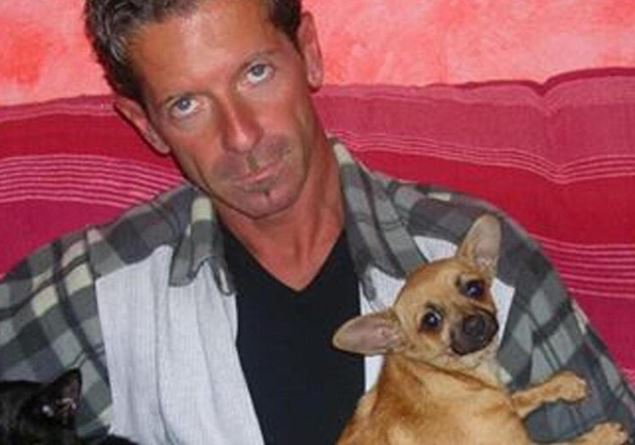What is the point of interviewing in prime time a man that the law condemned as a killer and sex predator of a minor in all three degrees of judgment? It could serve to sensitize public opinion around the theme of pedophilia and the need to prevent them both with potential victims and with potential criminals. It could help us understand how the evil that lives inside each of us needs to be ruled and dominated, thought and not acted. Unfortunately, listen to the interview that aired in Bossetti, within the crime version of the Belve program, leaves these intentions totally not acquitted. I have to admit the interview, I have to admit, it generated a great discomfort, both as a man, as a father, as a professional. The questions wanted to clarify a very serious criminal fact, confronting the culprit (declared innocent in the course of the whole interview, against any reasonable doubt). But it cannot be clarified in an interview in which those who ask questions use the lens of the clues of guilt and those who answer provides a single version of the facts: whatever has been detected against me, I don’t concern me because I have nothing to do with it. A comparison between objectivity and subjectivity that has not added anything to the understanding of the case.
Secondly, it should be wondered if this kind of transmissions, it does not represent an opportunity for secondary victims for the relatives who have seen a family member killed atrociously. The questions of the interviewer sometimes led the culprit (by the law) to make statements that tended to show the father of the girl murdered as a person who was not very involved in her family drama. The same interviewer sometimes felt the huge embarrassment of what was said in his broadcast. Finally, the questions turned around the guilty and his wife’s sexual behaviors for a long time. It was known about betrayals and pornographic navigations, research on the search engines of images and situations that could represent the motive that led to the murderous raptus. Now, on these themes you can have a double approach: the morbid one that flows the theme to increase the viewer’s curiosity or the scientific one that breaks a theme, to problematize it and to make it a topic to be deepened in educational, quotes, psychological terms. I believe that what pornography puts in the minds and lives of its users, leads to a cognitive normalization of thoughts, fantasies and practices that for some subjects then become difficult to govern at the intrapsychic level, slackering (clearly in some cases and only in subjects already very fragile from this point of view) consequent behaviors. A transmission that asks the interviewed what he has done is identified with the law enforcement procedure that must collect facts and clues, but is unable to provide the viewer of reading keys that go beyond the purely behavioral aspects, does not lead to the understanding of the meanings and psychological aspects related to the agitates.
We try to understand what happened and the understanding of the “why” that “thing has happened completely and in this interview, I have repeatedly perceived that the same presenter was perceived as an interviewer of questions that were rolled up on themselves. The fact remains that perhaps, the beast format does not suit themes that belong to other formats and that just structurally different in the intentions and in the development of the contents, victim (see Criminal love Written by Matilde d’Errico) or the culprit (see Damn stories by Franca Leosini) to go beyond the voyeuristic itching and to deepen and know well what is risk and what is protection/prevention/education in events that stage the worst of human beings. In “Belve Crime” he just saw the worst. Nothing more. And it was seen without head or tail, in a way capable of making a show and not of making culture. Objective that on such intense and pregnant aspects of our lives, it should represent an absolute priority.
Ansa photo


